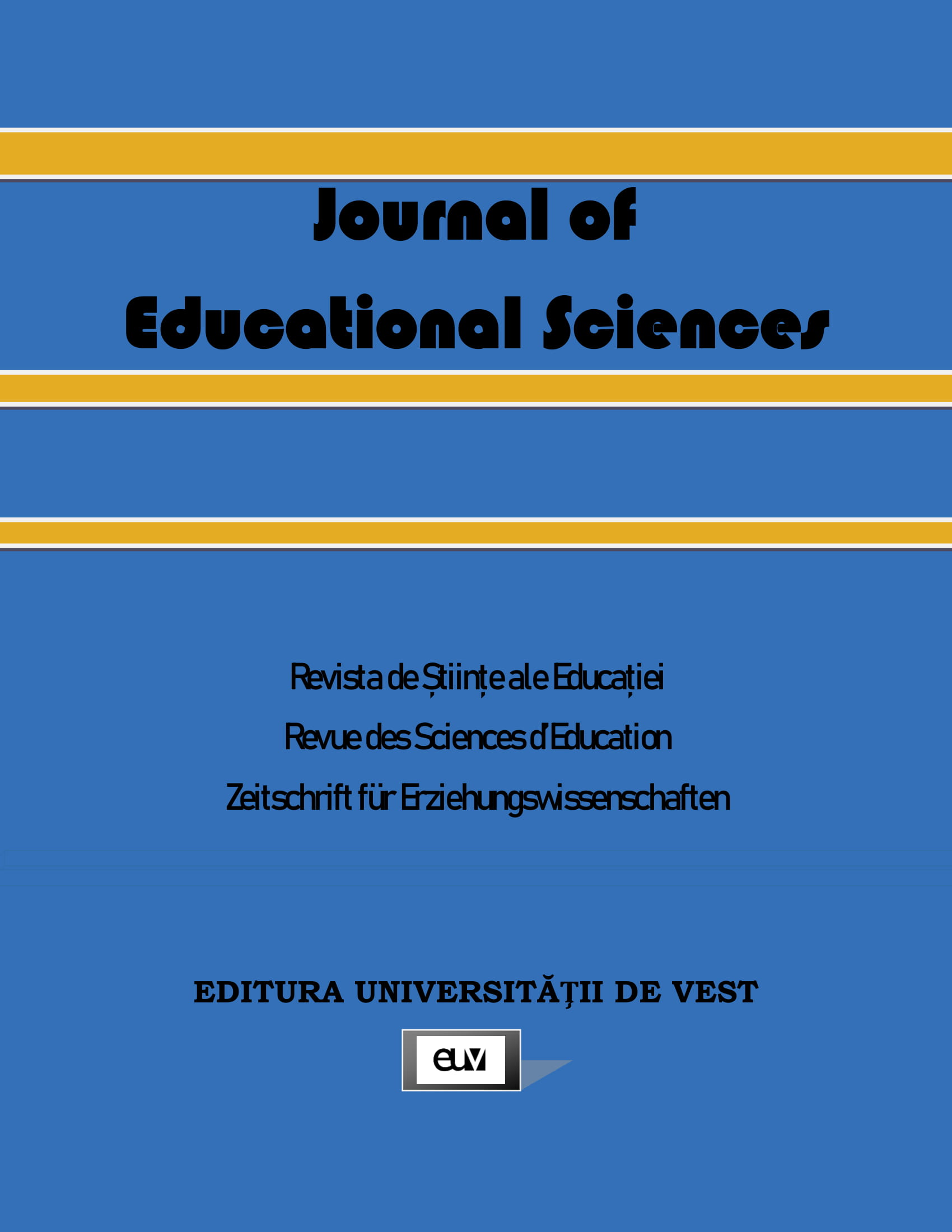Teachers Perception on Digital Technology in Teaching and Learning as
a Quality Factor in Ethiopian Universities
Teachers Perception on Digital Technology in Teaching and Learning as
a Quality Factor in Ethiopian Universities
Author(s): Mebrate BEKELE FEYISA, Orsolya Kálmán, László HorváthSubject(s): Distance learning / e-learning
Published by: Editura Universității de Vest
Keywords: digital technology; online teaching and learning; digital skill; ICT; quality teaching and learning;
Summary/Abstract: In this 21st century, HEIs are experiencing a dynamic change in technology, and they should be responsive to stay in the competition space. A recent phenomenon of the COVID-19 outbreak was an alarm that caused many HEIs to look back at their capacity in digital technology to deliver online teaching and learning. This paper presents technology-based teaching and learning at two Ethiopianhigher education institutions. Two research questions were set to guide the study: -how do academics perceive tech-based teaching and learning as an element of quality? Do other Inputs, Processes, and Outputs impact the application of digital technology in teaching and learning? A quantitative research method was employed to assess the case. 188 university teachers were taken from two universities as a sample for questionnaire administration. Jamovi software was deployed for data analysis. The result shows that digital technology-assisted teaching and learning are among the important elements of quality. Teachers believe that technology-based teaching and learning improves quality. Their beliefs were similar across their qualifications, departments, university type, and gender. In contrast, their service years have made a significant difference between teachers of less than five years (5) experience and those between five to ten (5-10) years. Inputs and processes-oriented quality elements significantly affect the integration of ICT into teaching and learning. It is recommended that HEIs of Ethiopia be proactive in planning to adopt relevant and timely digital technologies to deliver quality teaching and learning. Besides this, their openness to cooperate with Ethio Telecom, the Ministry of Education, and other NGOs to work toward capacity building to integrate digital technology into their teaching and learning by minimizing the challenges related to poor digital competency, scarce resources, internet connection, and infrastructure.
Journal: Revista de Științe ale Educației
- Issue Year: 49/2024
- Issue No: 1
- Page Range: 145-162
- Page Count: 18
- Language: English

